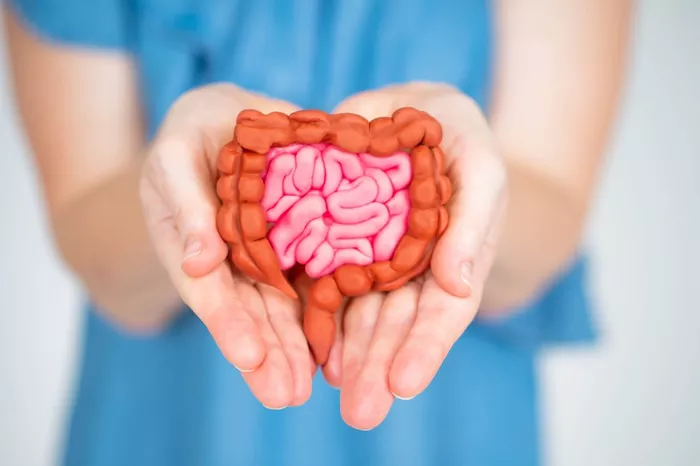A new study suggests that a dangerous toxin made by gut bacteria may help explain why more young people are developing colorectal cancer. The research, published in Nature, shows strong evidence that a bacterial toxin called colibactin may damage colon cells in a way that leads to cancer—especially in people under 40.
What Is Colibactin?
Colibactin is made by certain strains of gut bacteria, such as E. coli, Klebsiella pneumoniae, and Citrobacter koseri. Scientists have known for years that colibactin can damage DNA in colon cells, but this new study confirms just how common that damage is in younger cancer patients.
Researchers from the University of California San Diego studied tumor samples from 981 people with colorectal cancer across 11 countries. They found that younger patients—those under 40—were over three times more likely to have DNA damage caused by colibactin than patients over 70.
“In about half of early-onset colorectal cancer cases in people under 40, we found the clear signs of colibactin damage,” said lead researcher Dr. Ludmil Alexandrov.
Why This Matters
Colorectal cancer used to be more common in older adults, but it’s now rising quickly in people under 50. The American Cancer Society reports that cases in those under 55 have doubled since 1995. Even more concerning: advanced cases are growing by about 3% each year in people younger than 50.
Dr. Christopher Johnston of MD Anderson Cancer Center, who was not part of the study, said the colibactin link could be “a critical piece of the puzzle” in understanding this disturbing trend.
How Early Does the Damage Start?
Dr. Alexandrov believes the DNA damage caused by colibactin may begin in childhood. He pointed to several possible reasons why more children today may carry these harmful bacteria:
Antibiotic use early in life, which can disturb gut bacteria balance
Poor diet, especially low fiber and high processed foods
Fewer babies being breastfed and more C-section births
Increased early group childcare, which spreads bacteria more easily
These lifestyle changes may allow colibactin-producing bacteria to settle in children’s guts more often than in the past.
Are Some People More at Risk?
Scientists don’t yet know why some people seem more vulnerable to colibactin’s effects. Dr. Shuji Ogino of Harvard said more research is needed to understand how lifestyle, genetics, or other bacteria may affect someone’s risk.
Another gut microbe, Fusobacterium nucleatum, has also been linked to colorectal cancer. Experts believe it may help tumors grow and escape the immune system. Some research also shows that Bacteroides fragilis, when found together with colibactin-producing E. coli, can make the DNA damage even worse.
“We think the mix of microbes may be what really drives the disease,” Johnston explained. “It’s not just one bacteria—it’s how they work together.”
Related topics:
- New Study Finds Edible Insects Could Be A Healthy, Sustainable Protein Option
- New Study Links High Poultry Consumption To Increased Risk Of Gastrointestinal Cancer
- Mediterranean Diet May Help Ease Rheumatoid Arthritis And Thyroid Problems


